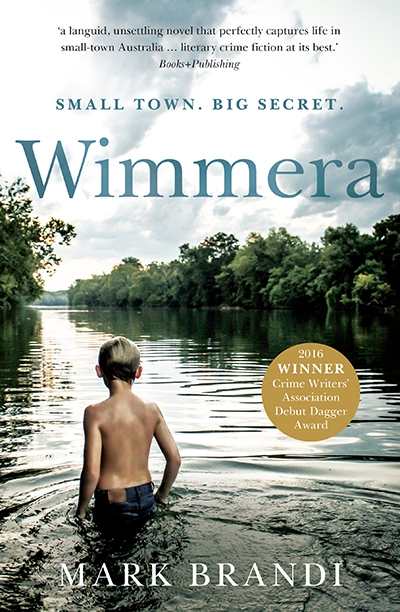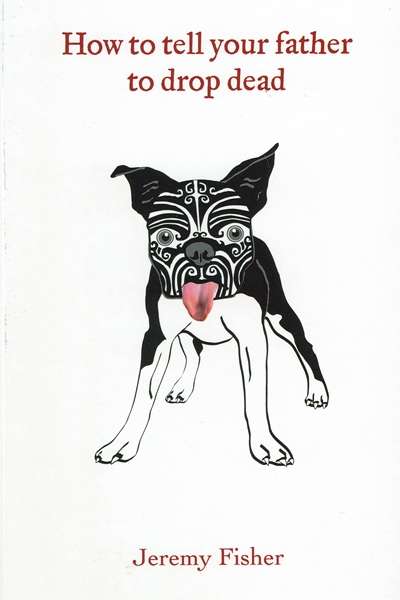Jay Daniel Thompson
William Yang: Stories of Love and Death by Helena Grehan and Edward Scheer
by Jay Daniel Thompson •
Transnational Literature: Vol. 6, No. 2 by Gillian Dooley
by Jay Daniel Thompson •
Crazy Little Heaven: An Indonesian Journey by Mark Heyward
by Jay Daniel Thompson •
Circus and Stage: The Theatrical Adventures of Rose Edouin and G.B.W. Lewis by Mimi Colligan
by Jay Daniel Thompson •
How to Tell Your Father to Drop Dead by Jeremy Fisher
by Jay Daniel Thompson •








